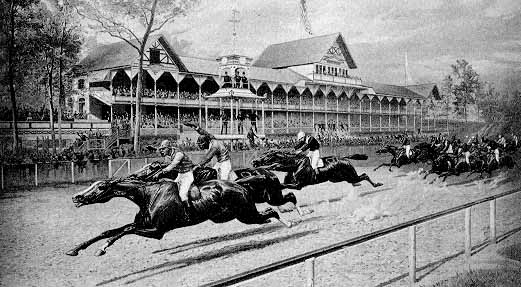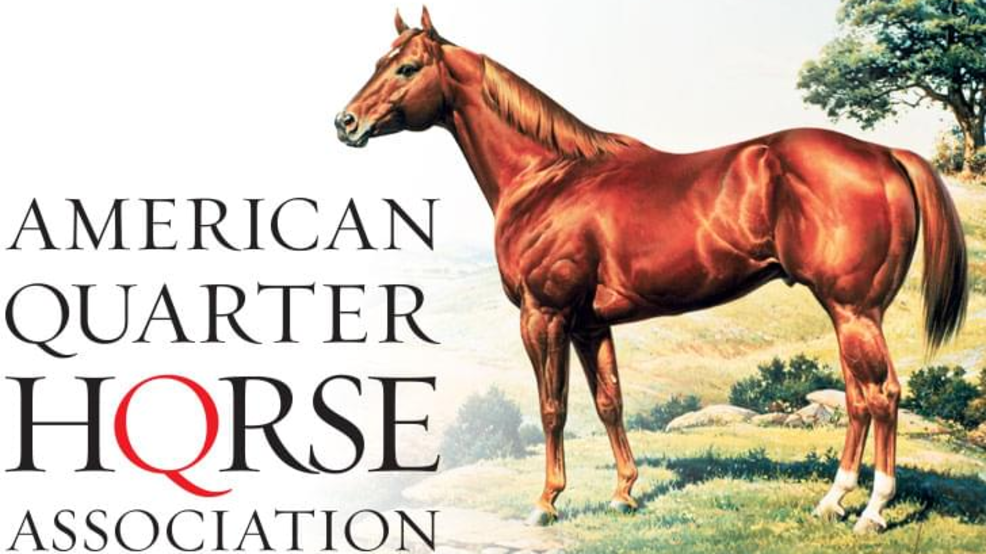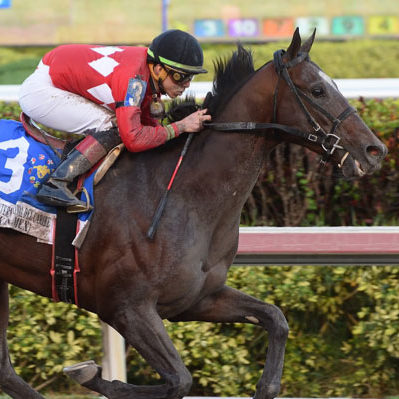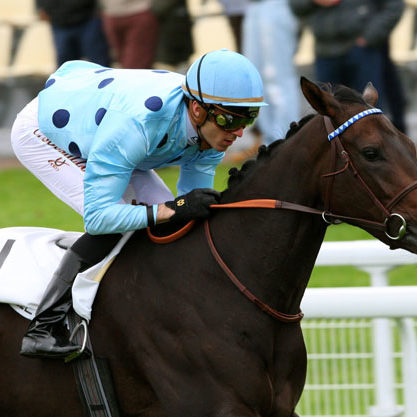Horse racing is an equestrian performance sport, typically involving two or more horses ridden by jockeys (or sometimes driven without riders) over a set distance for competition. It is one of the most ancient of all sports, as its basic premise – to identify which of two or more horses is the fastest over a set course or distance – has been unchanged since at least classical antiquity.
Horse races vary widely in format and many countries have developed their own particular traditions around the sport. Variations include restricting races to particular breeds, running over obstacles, running over different distances, running on different track surfaces and running in different gaits.
While horses are sometimes raced purely for sport, a major part of horse racing’s interest and economic importance is in the gambling associated with it, an activity that in 2008 generated a worldwide market worth around US$115 billion.






